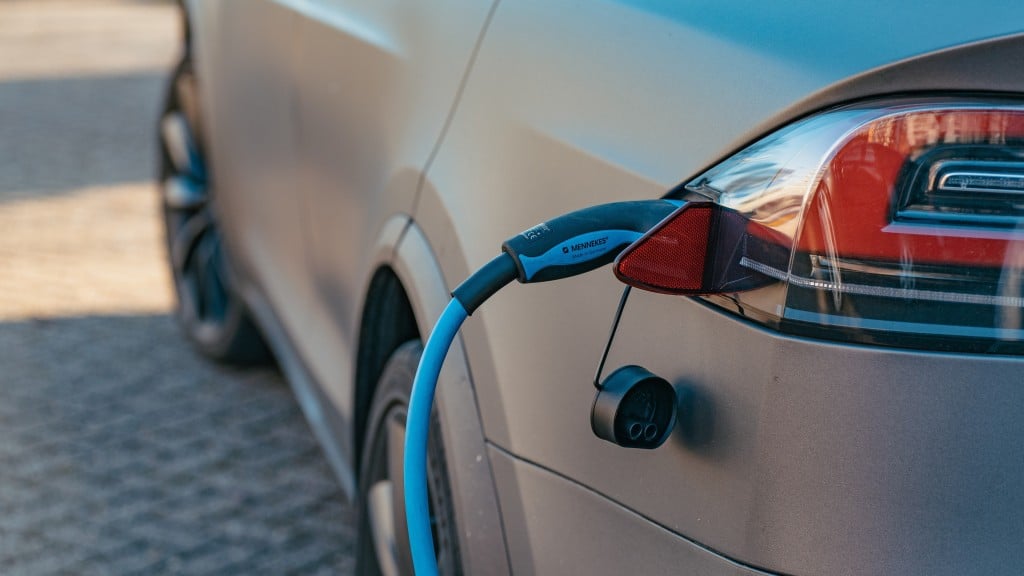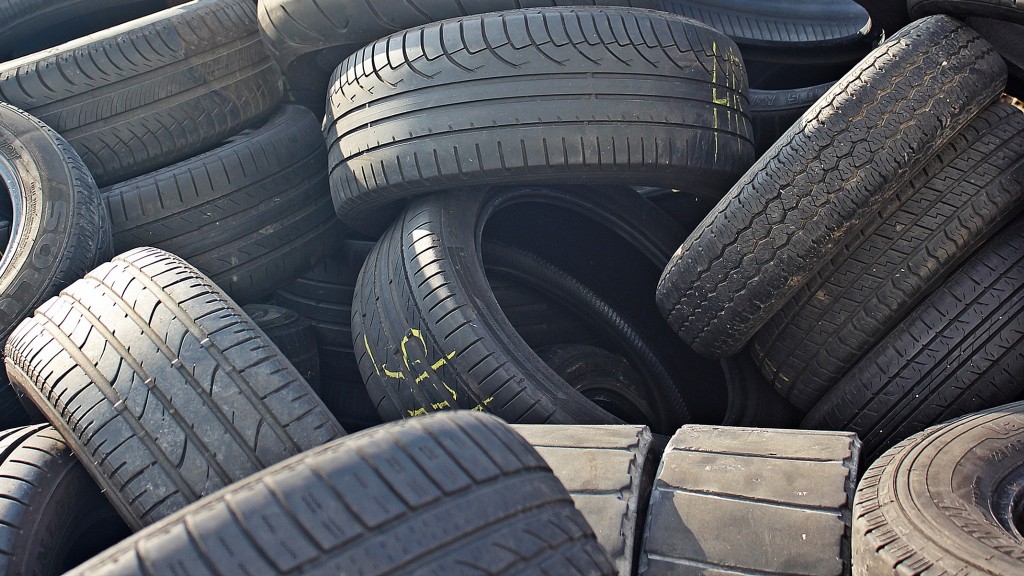Letter from the Editor: Electric vehicles fuel surge in scrap tires

While the growing popularity of electric vehicles (EVs) bodes well for sustainability goals by encouraging more environmentally friendly transportation, many of the components used in EVs necessitate specialized recycling methods to mitigate environmental impacts and safety issues.
Despite widespread awareness of disposal challenges associated with EV recycling – most commonly the unique challenges presented by lithium-ion batteries – a recent white paper from the Recycled Rubber Coalition (RRC) titled An Unexpected Electric Vehicle Environmental Problem with Common Sense Solutions sheds light on a different issue: electric vehicles produce substantially more scrap tires than conventional cars.
Since the batteries in electric vehicles weigh more than combustion engines, the additional weight puts additional stress on the tires, leading to increased wear and tear and an overall reduced lifespan. The quick acceleration made possible by electric motors also leads to more aggressive tire wear, causing these heavier vehicles to consume tires up to 30 percent faster, as reported by the RRC.
The increase in end-of-life tires from EVs poses a unique challenge for recyclers since more tires entering the waste stream heightens the risk of improper disposal. Tires decompose very slowly and are made from synthetic materials and chemicals that can lead to leaching and groundwater contamination. Additionally, the highly flammable nature of scrap tires poses environmental and health risks through the release of toxic smoke and other pollutants during tire fires.
While there are currently several end markets for recycled tires – most commonly rubberized asphalt and playground turf – and many successful methods to reuse and recycle them, the RRC notes a concerning trend. Tire production has now exceeded the demand for recycled rubber, causing the reuse rate to drop from 96 percent in 2013 to 71 percent in 2021. As the increase in EVs continues to compound this issue, more research into new markets for recycled rubber is needed.
To address this challenge, it's essential to promote tire recycling programs, increase regulations against illegal dumping, and explore more sustainable alternatives to traditional tire materials. As the electric vehicle market continues to expand, advancements in tire technology will play a crucial role in combatting the increase in scrap tires associated with EVs.
Establishing partnerships and collaboration with electric vehicle manufacturers can facilitate the development of tire solutions that are specifically tailored to the requirements of different EV models, taking into account factors such as weight distribution and regenerative braking. By implementing these strategies, tire manufacturers can contribute significantly to alleviating the challenges associated with the increased generation of scrap tires from electric vehicles, fostering a more sustainable approach to tire production, reuse, and recycling.


